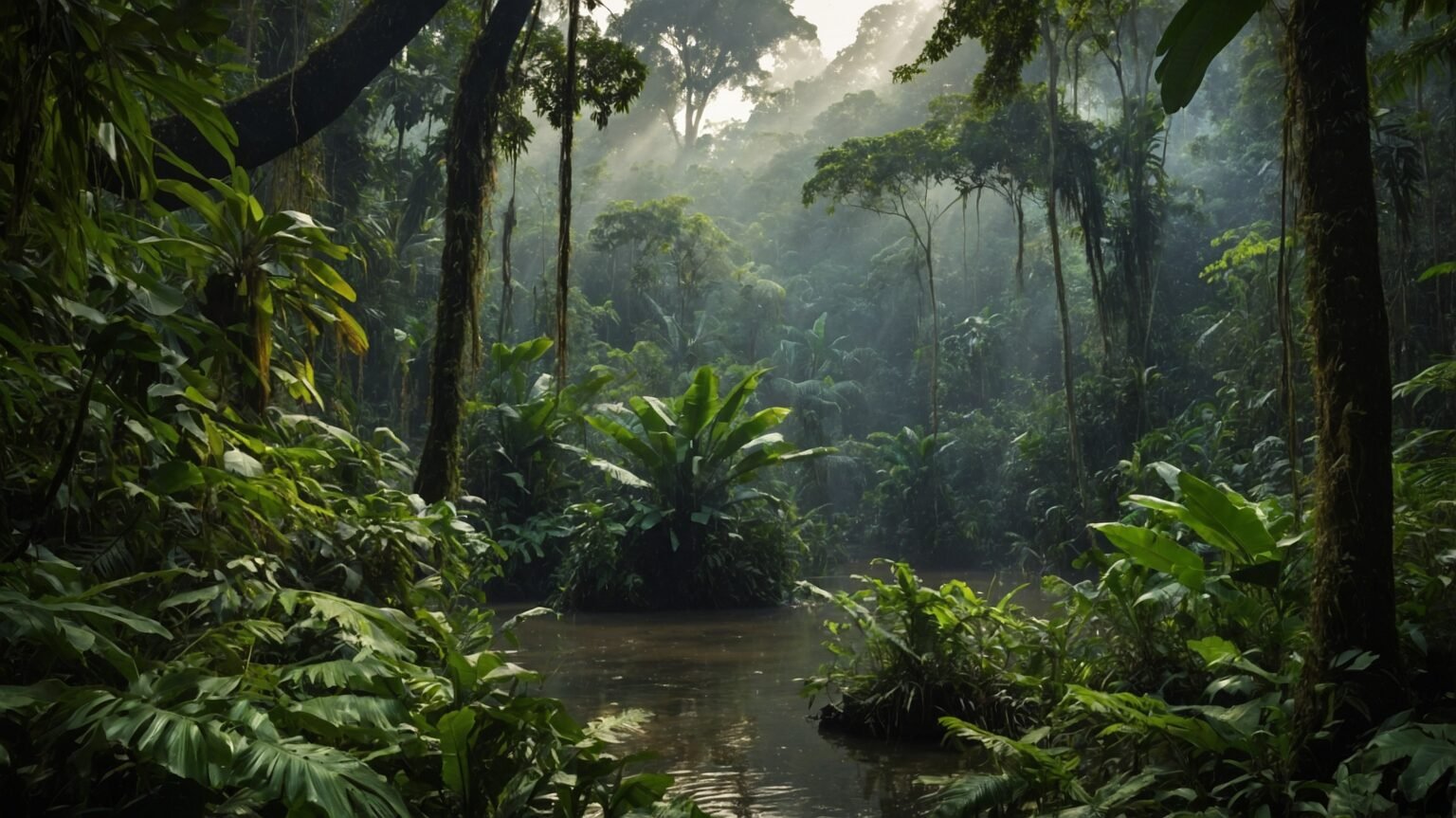In a groundbreaking move to combat climate change, the World Bank has issued a nine-year, $225 million bond specifically designed to support reforestation efforts in the Amazon rainforest. This bond, unlike previous ones, ties investors’ financial returns to the amount of carbon removed from the atmosphere by the newly planted trees, rather than merely curbing deforestation.
Key Features of the Bond
- Fixed and Variable Returns: Investors are guaranteed a fixed annual coupon of approximately 1.745%, lower than similar World Bank bonds. The foregone interest, amounting to $36 million, will be directed towards reforestation activities led by Brazilian startup Mombak Gestora de Recursos Ltda. The project aims to reforest land in the Amazon by acquiring or partnering with landowners.
- Carbon Credit Revenue: The reforestation will generate carbon credits, which Microsoft Corp. has agreed to purchase. Bondholders will receive an additional variable coupon linked to the sale of these credits, potentially increasing their total annualized yield to 4.362%.
- High-Grade Investment: The bonds are Triple A rated with full capital protection, making them a secure investment option while also contributing to environmental sustainability.
Impact and Market Reception
This bond is part of a broader trend in the voluntary carbon markets, where buyers are increasingly prioritizing projects that actively remove carbon from the atmosphere. Gabriel Silva, co-founder and CFO of Mombak, highlighted that companies like Microsoft are shifting their focus from emission reduction credits to carbon removal projects, a trend that is expected to grow.
The World Bank’s bond was oversubscribed, indicating strong investor demand for such environmentally focused financial products. This success follows the World Bank’s previous efforts, including a $150 million bond in 2022 aimed at conserving black rhinos.
As Brazil continues to explore sustainable financial products, this bond represents a significant step towards linking financial returns with tangible environmental benefits, particularly in protecting the Amazon rainforest, which accounts for 60% of Brazil’s forest cover.
This innovative approach not only addresses climate change but also aligns with the growing demand for high-quality, outcome-based environmental investments.
The World Bank’s $225 million bond is a key example of how finance can drive sustainability. Aspiring candidates for RBI Grade B exams should note this growing trend, as it aligns with topics covered in the RBI Grade B syllabus and exam pattern. Understanding such sustainable finance innovations can be essential for government job exams, especially when it comes to economic and environmental policy.


